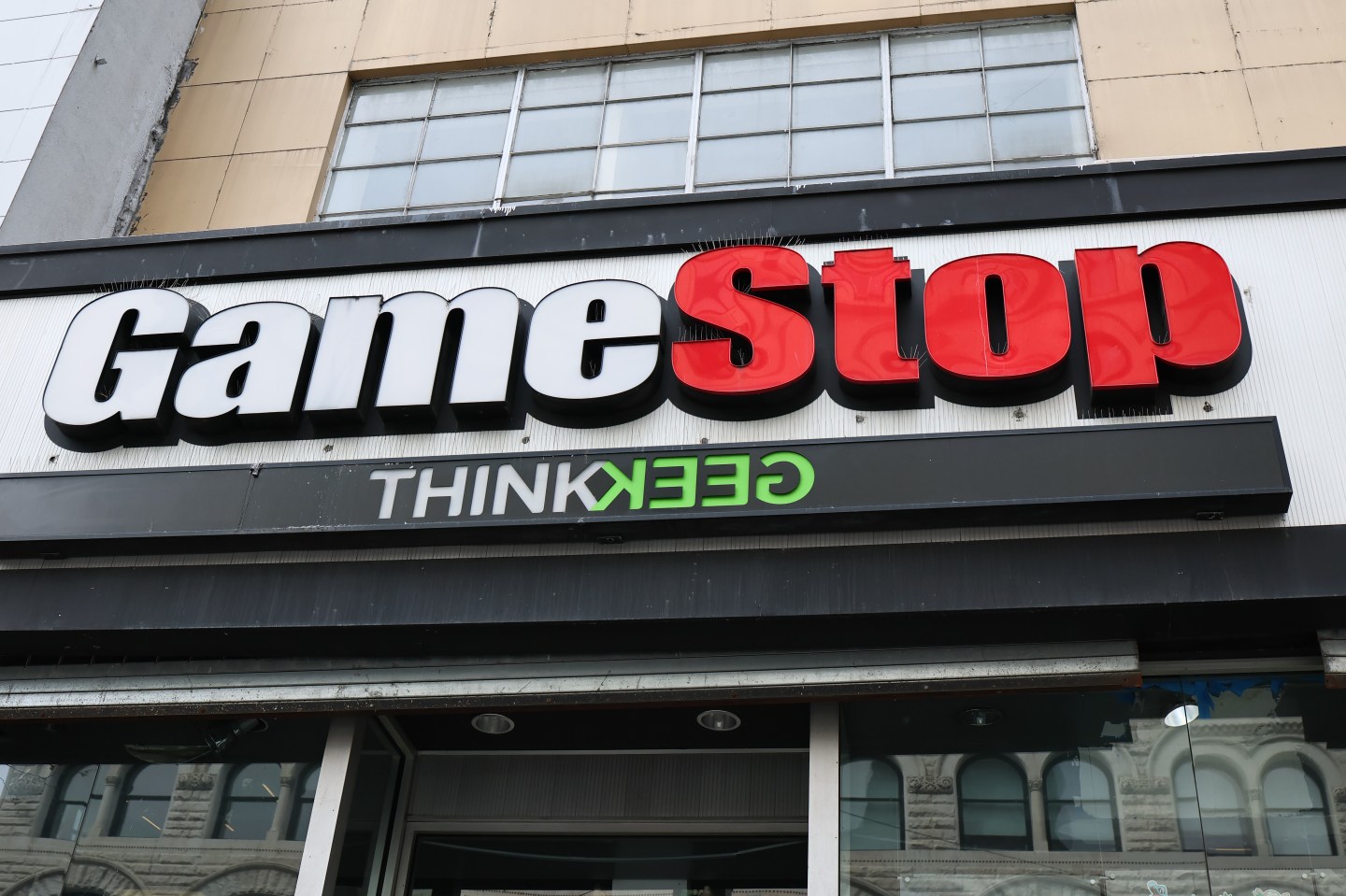Our mission to make business better is fueled by readers like you. To enjoy unlimited access to our journalism, subscribe today.
The major retailers wanted sparse crowds on Black Friday in this COVID-19 era. They certainly got them.
On Friday morning, only a few dozen people were lined up outside the Macy’s flagship in Manhattan before it opened, compared to 15,000 or so in recent years. A nearby Aéropostale and Victoria’s Secret were devoid of any customers at all at 7 a.m. And at the sprawling Newport Centre in Jersey City, N.J., across the Hudson River, it was a ghost town: not a single customer inside its Sears store, and only a smattering of shoppers at its J.C. Penney or Kohl’s.
Even at the nearby Target, Best Buy and Home Depot, which were busy in comparison, the crowds were modest compared to previous years. Best Buy, a perennial Black Friday favorite, was the only retailer in the area with a wait line.
That scene was repeated in many markets across the U.S. As NPD Group analyst Matt Powell put it in a tweet on Friday morning: “We used to call it ‘Black Friday’; last year was ‘Blah Friday.’ 2020 will go down as ‘Blank Friday’, at least in physical stores.”
Shoppers seemed to have heeded the Centers for Disease Control and Prevention advice to consumers to shop online on Black Friday.
But the sparse crowds were also by design by the retailers themselves. Macy’s, for example, offered no deals in-store that weren’t also available on line. Target and Walmart were metering crowds. And those chains, and others like Home Depot, have been trotting out deals since October to even out demand and avoid surges at a time when COVID infections are spiking.
The thin crowds reported nationally are the continuation of a trend in recent years that has seen Black Friday get diluted not only by online shopping, but by deals coming earlier and earlier in a retail arms race for consumers’ shopping dollars.
“They’ve been busting Black Friday as an event for years,” quipped Moody’s Vice President Charlie O’Shea “As soon as the retailers decided they didn’t care where they made the sell, be it online or in-store, that took a lot off luster off of in-store Black Friday.” And so every year, more and more consumers have opted to stay on their couch and shop rather than hit stores.
This year, the soaring pandemic has only sped that up. “It’s a logical evolution that’s been accelerated by the circumstances of the pandemic,” said O’Shea.
Mall stores hit harder
That’s not to say people are not shopping: They’re just doing more of it online. Adobe Analytics said that online spending on Thanksgiving Day, the first in many years where most retailers were closed, rose by nearly 22% year over year to hit $5.1 billion. The company has predicted online sales on Black Friday would increase 39% this year.
Still, the near absence of consumers at shopping malls and department stores in contrast to the humming—though not bustling—business at strip center retailers suggests the divide between retail’s winners and losers will only grow wider this holiday season.
Best Buy, whose third-quarter U.S. Comparable sales rose 23% as online sales nearly tripled, had a long line of people waiting to get in store in Jersey City, along with a few drivers getting online orders curbside. Target, whose electronics sales boomed in the autumn, was selling many televisions. And the Home Depot, until recently not a big Black Friday destination, was busy too, hoping to extend its enormous sales gains this year.
Mall-based retailers have been struggling, in part because they are so focused on apparel, a category decimated in the pandemic. What’s more, shoppers are avoiding malls, preferring to shop at centers where they can park close to the entrance of a store and get in and out relatively quickly.
National retail chains have long since stopped putting all their holiday season eggs in the Black Friday basket, a more urgent need at a time the pandemic. And steadier business is the goal.
“We’re making sure they’re getting Black Friday value all month long,” Target CEO Brian Cornell said last week.













